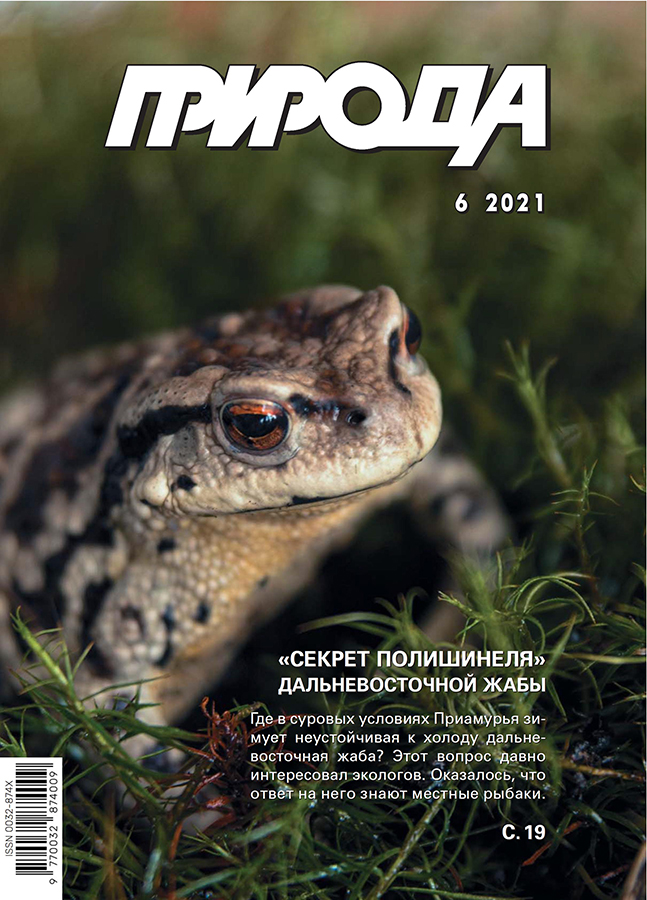Exploration of the Moon: the First Modern Stage
- Authors: Kukharkin N.E1, Raskach K.F1, Alersandrov P.A1
-
Affiliations:
- National Research Center “Kurchatov Institute”
- Issue: No 6 (2021)
- Pages: 13-18
- Section: Articles
- URL: https://journals.eco-vector.com/0032-874X/article/view/627998
- DOI: https://doi.org/10.7868/S0032874X21060028
- ID: 627998
Cite item
Abstract
The creation of an inhabited research station on the Moon is a logical step in the further study of space. However, there are a number of technical and financial difficulties. It is mainly due to expensive delivery to the Moon of any cargo and even more expensive delivery back to Earth. The solution of the issue is the use of local resources, soil (regolith) and water. The existence of the latter was recently indicated near the poles of the Moon. The presence of energy resources allows to produce, building materials and various constructions from the regolith. Previously obtained data on the water content in cold traps of 5 and 30% make it possible to assume its production on an industrial scale, and to use electrolysis to obtain rocket fuel, which is necessary both for further study of the outer space and returning people and research apparatus to Earth.
About the authors
N. E Kukharkin
National Research Center “Kurchatov Institute”
Email: kukharkin_ne@nrcki.ru
Moscow, Russia
K. F Raskach
National Research Center “Kurchatov Institute”
Email: raskachkf@mail.ru
Moscow, Russia
P. A Alersandrov
National Research Center “Kurchatov Institute”
Email: alexandrov_pa@nrcki.ru
Moscow, Russia
References
- Луна — шаг к технологиям освоения Солнечной системы. Под научной редакцией В.П.Легостаева и В.А.Лопоты. М., 2011.
- Li S., Lucey P.G., Milliken R.E. et al. View Direct evidence of surface exposed water ice in the lunar polar regions. Proceedings of the National Academy of Sciences of the United States of America (PNAS). 2018; 115(36).
- Захаров А.В., Зеленый Л.М., Попель С.И. Лунная пыль: свойства, потенциальная опасность. Астрономический вестник. 2020; 54(6): 483–507.
Supplementary files









